MercoPress. South Atlantic News Agency
Politics
-
Monday, November 9th 2009 - 12:29 UTC
World leaders join thousands to celebrate fall of Berlin Wall 20 years ago
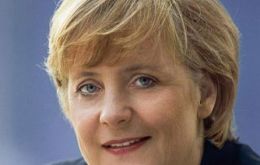
World leaders are due to join thousands of people Monday to mark 20 years since the Berlin Wall's fall, an event that paved the way for the end of the Cold War. The main celebrations in the city will be at the Brandenburg Gate - the symbol of German reunification in 1990.
-
Monday, November 9th 2009 - 12:24 UTC
Cuba keeps to the old calendar: celebrates 92 anniversary of Soviet revolution
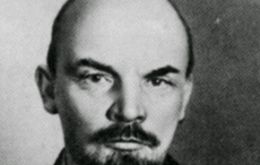
The Cuban government and official media celebrated this weekend the 92 anniversary of the Bolshevik revolution headed by Russia’s Vladimir Lenin, and completely ignored the 20th anniversary of the fall of the Berlin Wall which marked the end of the Soviet empire.
-
Monday, November 9th 2009 - 10:15 UTC
Lula da Silva tells Obama to look after “US drugs’ consumers”
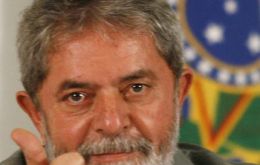
Brazilian president Lula da Silva warned his peer Barack Obama that South America “does not need US bases” in Colombia to combat narcotics trade and suggested he look after “US drugs consumers”.
-
Monday, November 9th 2009 - 09:42 UTC
Chavez tells Venezuela to “prepare for war” and warns Obama and Uribe
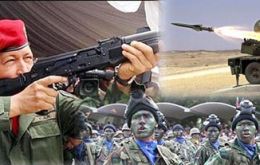
Venezuelan President Hugo Chavez called on the military to prepare for war and help train the civilians in the midst of an escalating dispute with neighbouring Colombia which last week ratified a treaty giving United States access to Colombian military bases.
-
Monday, November 9th 2009 - 08:43 UTC
With Iran in mind Israeli president begins historic visit to Argentina and Brazil
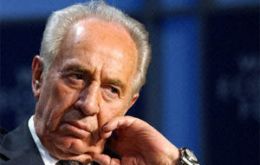
Israeli President Shimon Peres begins Monday a “historic visit” to Brazil and Argentina, the first in decades to both countries for an Israeli head of state, and one of the main issues of the agenda will be the so-called “Iranian infiltration” in Latinamerica.
-
Monday, November 9th 2009 - 07:52 UTC
British PM Brown “Tobin tax” suggestion rebuffed
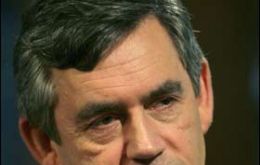
British Prime Minister Gordon Brown suffered an embarrassing rebuff when he floated the prospect of a new tax worldwide, only to have it flatly and publicly rejected by the United States and other major financial players.
-
Saturday, November 7th 2009 - 16:37 UTC
Polls show 7 points lead for Uruguayan incumbent presidential candidate
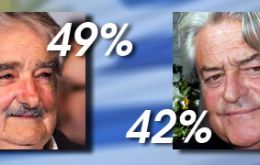
Uruguay’s ruling coalition presidential ticket, --Jose Mujica and Danilo Astori--, has a seven percentage points advantage over the opposition, Luis Alberto Lacalle and Jorge Larrañaga, for the run off the last Sunday of November, according to the latest opinion polls released in Montevideo
-
Saturday, November 7th 2009 - 16:30 UTC
In spite of coup denials Paraguayan president continues with military purge
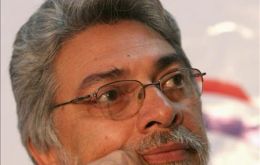
Paraguayan President Fernando Lugo continued to purge the top ranks of the military Friday, removing the armed forces' commander. Lugo fired the commanders of the country's army, air force and navy on Wednesday.
-
Saturday, November 7th 2009 - 14:56 UTC
Chilean president Bachelet approval soars to record 80% in October
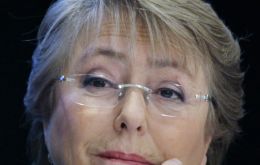
Chilean President Michelle Bachelet's approval rating rose to a record 80% in October, from 76% the previous month, according to an opinion poll published Thursday by polling institute Adimark GfK.
-
Saturday, November 7th 2009 - 14:54 UTC
Five days paid “honeymoon leave” for Chilean newlyweds
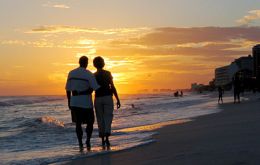
A proposed new law will guarantee Chilean employees five paid working days as “honeymoon leave” and will not take away from the legal yearly vacation days workers are given.
